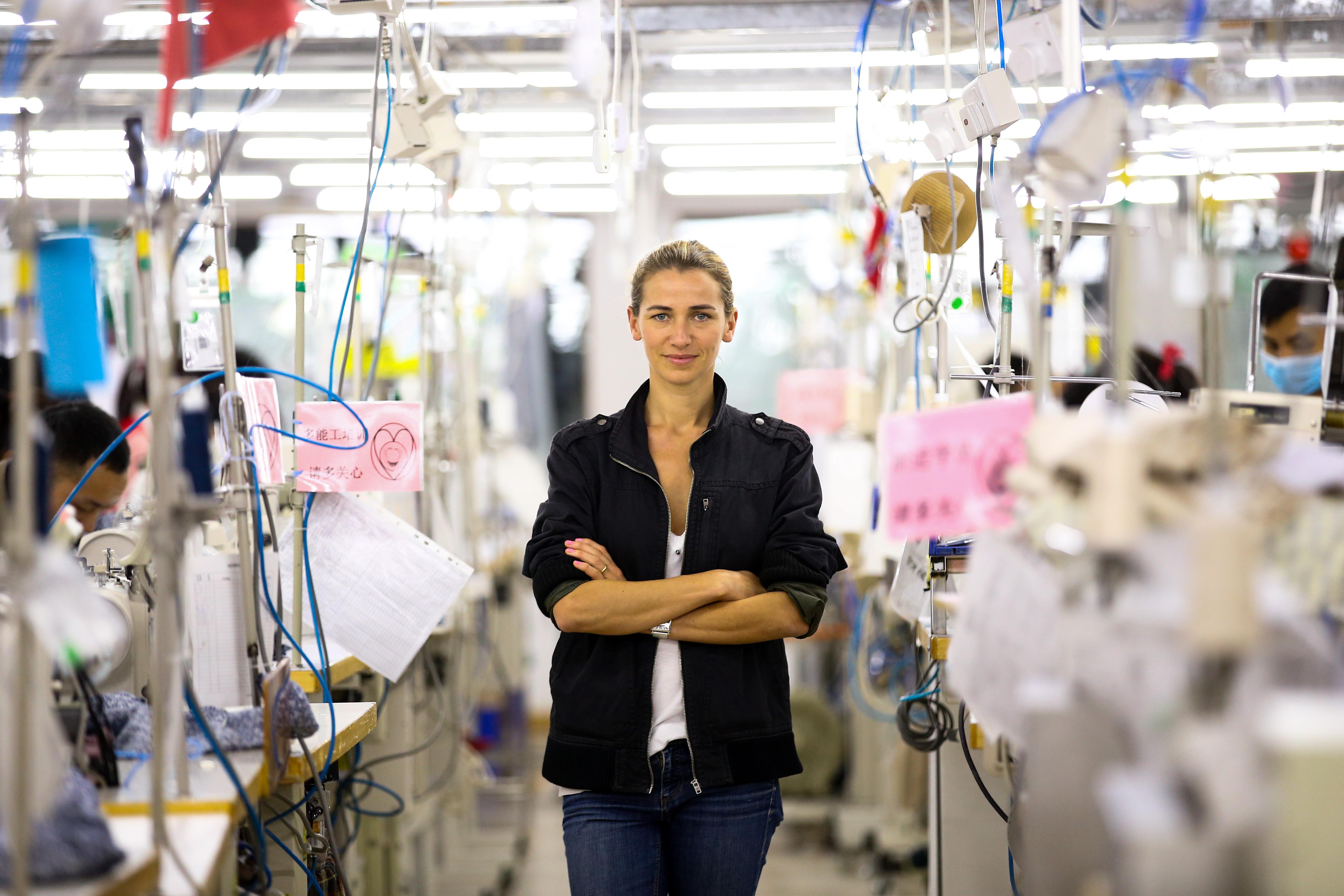Sustainable Fashion Is The New Black

Issues such as waste and pollution are fuelling an urgent need to re-invent the fashion industry.
You would have to be living under a rock not to have noticed that the fashion industry is one of the world’s most polluting industries: excessive waste; chemical use; carbon emissions; and a horrific human rights record associated with everyone from garment workers to models. When it comes to water, the textile industry is the second-biggest polluter of clean water and it causes up to 20 percent of industrial water pollution. And with China creating the lion’s share of global textiles for the world, it should come as no surprise that 61 percent of China’s groundwater is classified as being unfit for human touch.
Now the fashion industry, from luxury to fast, is looking to change, whether this is tackling water pollution, reducing waste, increasing supply-chain transparency or promoting improved animal welfare.
A long-time proponent is Stella McCartney, who since 2013 has published an annual Environmental Profit and Loss report to measure and manage the impact of her business and supply chain on the environment. The company aims to become a zero-waste business by 2020, meaning none of its offcuts will go to landfill, instead being recycled. Last year, McCartney ramped up her support of campaigning for a circular fashion economy, through a partnership with Dame Ellen MacArthur’s foundation.
It published a report showing that every second the equivalent of one garbage truck of discarded clothing is burned or landfilled, while the recycling of clothing material back into new clothes is less than one percent.
In Hong Kong luxury platform Lane Crawford increasingly offers sustainable brands such as The R Collective’s upcycled collections, created using luxury brand textile waste and cut-offs. Then there’s H&M’s commitment to have 100 percent sustainable fibres by 2020 and Zara’s sustainable collections. The start-up scene is rife with innovations: from textiles grown by algae and orange peel; to leather made from lab-grown collagen; to spider-free silk and 3D-printed fashion.
Naturally, all of this is music to my ears. Having been promoting sustainable fashion to protect the environment for over a decade through Redress (a Hong Kong NGO with a mission to reduce waste in the fashion industry), and through The R Collective (an upcycled fashion brand and social-impact business), this current flurry of sustainable fashion activity is welcome. But there is still much to do.
We’re facing extraordinarily high consumption rates. Clothing production has doubled since 2000 and during that time consumers discard their clothes almost twice as quickly. One sniff at Hong Kong’s landfill shows consumers’ sorry state of mind around their clothing; we discard approximately 306 tonnes of textiles daily into Hong Kong’s landfills, which could represent the textile equivalent of 15,000 garments entering our landfills every hour.
And as we face a growing population – I’m not helping the situation as I write with my fourth baby cooing in my office – the situation will only worsen because apparel consumption is projected to rise by 63 percent by 2030.
The harsh reality facing fashion is an urgent need to re-invent the system. We need a full whiplash to transform into a new way of thinking and operating within a circular fashion system, where resources are re-used and nothing is wasted. We need to feed the industry with more sustainable fibres and textiles. To that end, Stella McCartney has experimented with spider-free silks and recycled plastics created from ocean plastic; the Redress Design Award Alumni designers are upcycling textile waste, including Kevin Germanier, whose upcycled collection will soon hit matchesfashion.com.
We need to create less-polluting and more efficient manufacturing systems, some of which are already being championed by Hong Kong’s leading manufacturers such as TAL Group and Crystal Group, and we need to inject more transparency (Honest By are clear leaders, with Everlane bagging fans for their pricing transparency) and dignity for the hands working within the supply chain.
Meanwhile, cleaning up fashion’s wasteful act requires more in-store used clothing collections: cue H&M, Zara, Marks and Spencer, Filippa K and Eileen Fisher.
And then there are the luxury consignors such as San Francisco’s RealReal, Farfetch and Vestiaire Collective, who are trying to encourage consumers to buy recycled clothing and detox their wardrobes by reselling clothes to a good home.
Ultimately, we need to examine how we, as fashion consumers, can turn our closets into active agents of change so that we can, stylishly, of course, shop our way into a better future.
Dr Christina Dean is founder of Redress and co-founder of the R Collective
This article originally appeared in Billionaire's Water Issue, June 2018. To subscribe, contact










